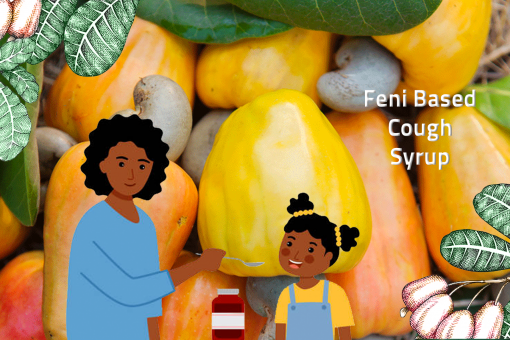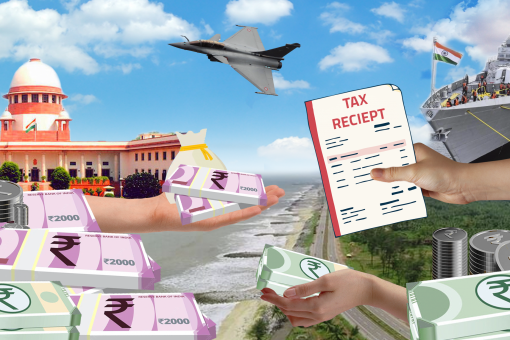
Cashew Feni based Cough Syrup
In the recent past, there was a news item that cough syrups which were given to children in African states resulted in problems. This however is a global story. The children of the World deserve something better, which is natural, can be harmless at any point of time, and also easily available.
Africa now is the biggest producer of cashew nuts and therefore, ten times that much cashew apple gets generated. India has to give the lead in Science and Technology. And today is celebrated as the Science day of India.
Can we make a cough syrup out of cashew apple liquor, which can be easily made as in Goa by the farmers themselves.
In Goa it is called as cashew feni and it has a geographical indication. But it can be called as cashew apple liquor elsewhere.
It becomes viable only when farmers are able to do it in their own villages, in accrued distillery. It can be then collected and made available for potable purposes as poor man’s liquor.
The question is, whether molasses based liquor is more harmful and cashew apple liquor is not, because it is natural.
For the past 30 centuries or more, human beings have developed liquor based on natural fermentation that it is both for the spirits of enjoyment or in the modern world, is for spirits to drown their fears or anguish or sadness.
So, let us come to the question that if it is joyful, that farmers make their own liquor. And if it is joyful that working men celebrate a hard day’s work with a little glass of cashew apple liquor. Then every cashew apple is the World will get converted into something potable.
The idea of a cough syrup is not coming out of the blue. But the fact that in Goa cashew feni, which is made by the villagers themselves was administered to young children which resulted in the famous Konkani phrase “Kazoocho Soro Jeevak Boro”.
Now that the Government of India has embarked on doubling the farmers income and natural farming, it should be given an impetus by all State Governments, where they can allow this liquor to be produced in the villages in an atmosphere of freedom than fear of the State Excise Laws, and make the laws as simple as possible.
Watching the conversion and the monitoring of this program can be easily done by the excise officials based on trust and a little self regulation by the farmers themselves. It requires an energy as well as dedication by the farmers or assistance to farmers within a close area of not more than 2 or 3 kilometers of production.
Since making it into a distillery for better options makes it unviable for farmers to carry over longer distances, a farmer orientation means the consumers eventually will enjoy this better and better.
The cough syrup idea of course has limitations and also regulations to follow. Therefore, it is an idea that Pharma companies could encourage for their own production and make it possible that they exercise caution. It is not that cough syrup need to be promoted, as common cold, which is common all over the World, but it is something that is having a value chain compared to the alcohol that is now used in cough syrup.
.
